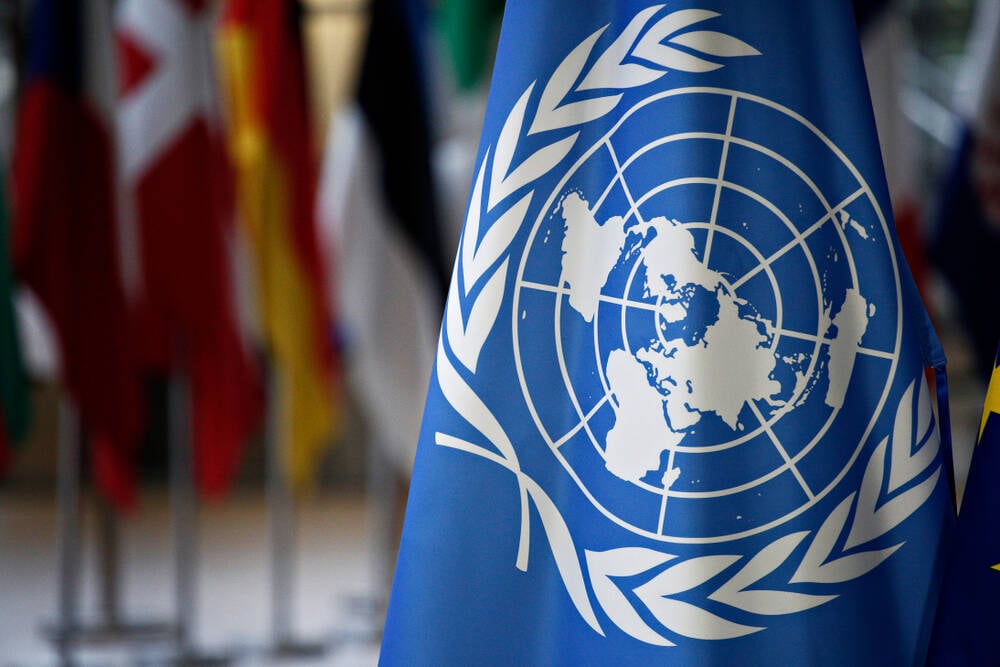
"The Convention took five years to develop and has three purposes: Promote and strengthen measures to prevent and combat cybercrime more efficiently and effectively; Promote, facilitate and strengthen international cooperation in preventing and combating cybercrime; and Promote, facilitate and support technical assistance and capacity-building to prevent and combat cybercrime, in particular for the benefit of developing countries. Those goals are hard to oppose."
"Support for that position has come from the likes of Electronic Frontier Foundation, Human Rights Watch, and Privacy International, who ahead of the signing ceremony published a joint statement criticising the Convention because it "obligates states to establish broad electronic surveillance powers to investigate and cooperate on a wide range of crimes, including those that don't involve information and communication systems ... without adequate human rights safeguards.""
""Unfortunately, the UN Convention, as it stands, does not sufficiently protect basic human rights and poses risks to the rule of law.""
The United Nations staged a signing ceremony for the Convention against Cybercrime, which took five years to develop and sets three core purposes: promote and strengthen measures to prevent and combat cybercrime; promote and facilitate international cooperation; and promote and support technical assistance and capacity-building, especially for developing countries. Critics warn the Convention could curb free speech by obligating states to establish broad electronic surveillance powers without adequate human rights safeguards. The Electronic Frontier Foundation, Human Rights Watch, Privacy International, and Cisco have voiced concerns and urged nations not to sign. Despite the protests, 72 nations signed and Secretary-General António Guterres welcomed the signatories.
Read at Theregister
Unable to calculate read time
Collection
[
|
...
]